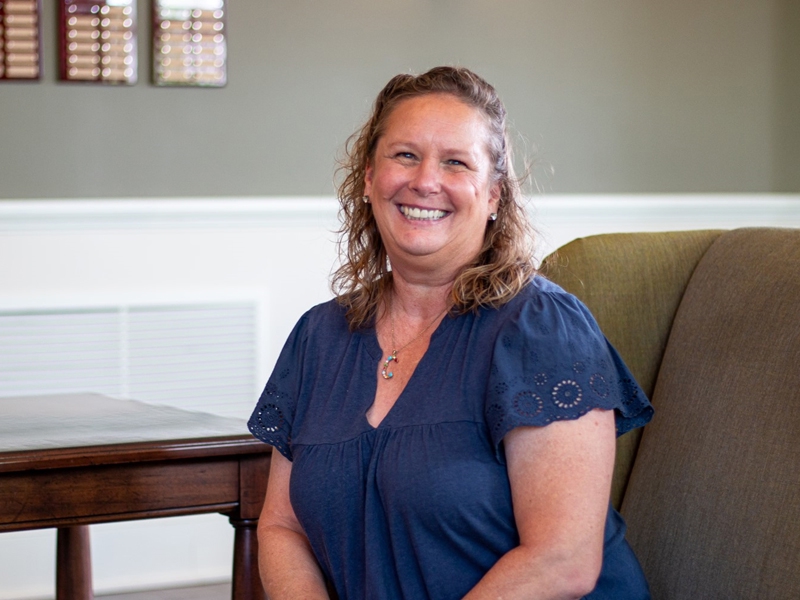Graduate and international education is all about discoveries — the discovery of knowledge, the discovery of research and creative scholarship that improves lives, and the discovery of new countries, cultures and people. The Graduate School and International Education is celebrating our students, faculty and staff that make discoveries happen at the University of Arkansas.
Callie Embry returned to school for her graduate degree with the goal of getting an education that would help her community of Huntsville, a small town east of Fayetteville. When she earned her master's degree in communications from the U of A, she knew she still wanted to continue her education; however, Embry was unsure what field to study for a doctorate.
Her research as a master's student focused on political communication in rural communities, and in a conversation with her adviser, he asked her if she had considered the Graduate School's Public Policy Ph.D. program.
"I said no, I hadn't. I hadn't heard of interdisciplinary programs at all before this," she said. "But the thought of being able to learn from professors across departments and to have people in my class who had very different backgrounds from me, that was something that sounded interesting and a neat opportunity."
Researching the program, Embry discovered an interdisciplinary program that promotes public policy analysis and practice aimed at improving the lives of Arkansans and beyond. The program features specializations in agriculture policy, community development, education policy, health policy, policy management and social justice. Classes are taught by faculty from multiple fields including applied social sciences, behavioral sciences and agriculture, among others.
"The more I talked to professors in the program, the more I realized that's where I needed to be," she said.
Embry enrolled in the program in the community development track, where she is conducting research into the role public libraries play in community development, specifically rural communities. She's discovered that public libraries play a vital role in rural communities and are "almost as important" as fire or police departments.
"Not only do they provide information and entertainment, but they also provide access to the internet that many rural citizens either can't afford or can't physically get," she said. "They are one of the few community spaces in small towns across the state, and as such serve as vital meeting spaces and local information hubs. I am hoping to show that they are also important in developing culture and cultural capital for their patrons, which can, in turn, impact educational and economic outcomes for their communities."
The project is also filling a gap in research into rural communities.
"We have a lack of rural research," she said. "It's a numbers game — you can get more data when there's more people. So, you have to spend more time getting data, but I think it's so important from a public policy perspective, when rural communities and rural America are playing a leading role in shaping the political landscape."
Embry has studied a mix of courses from applied social sciences, behavioral sciences and political science to inform her research. And her research is also enhanced by the diversity of the students in the program.
"We have a really diverse population of students, in the most traditional sense," she said. "But also, our interests are very different. I'm studying with students who are studying policy around agriculture, healthcare and economics, so we all have these different priorities and research interests. That makes for some great conversations when we're in class because we all come from very different perspectives."
"This program has to be interdisciplinary, because policy is so pervasive and catches every aspect of societal life," she added.
More information on the Public Policy program can be found on their website.
Topics
Contacts
John Post, director of communications
Graduate School and International Education
479-575-4853, johnpost@uark.edu
